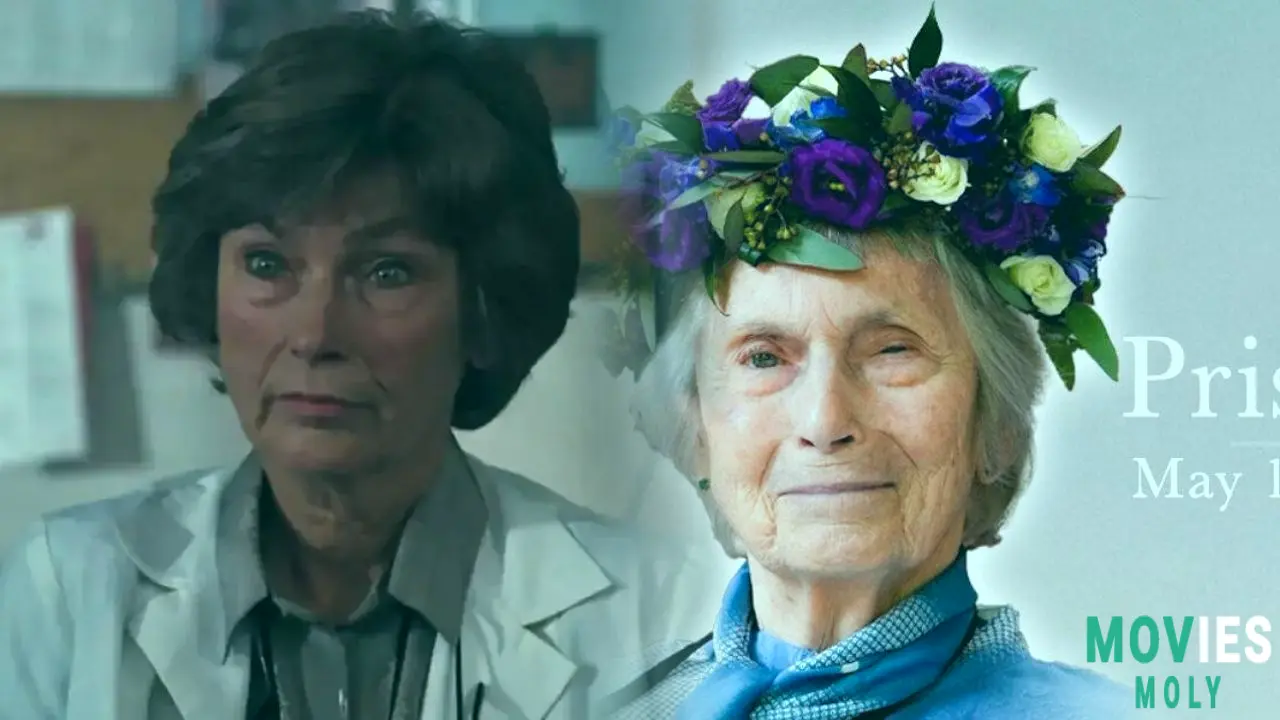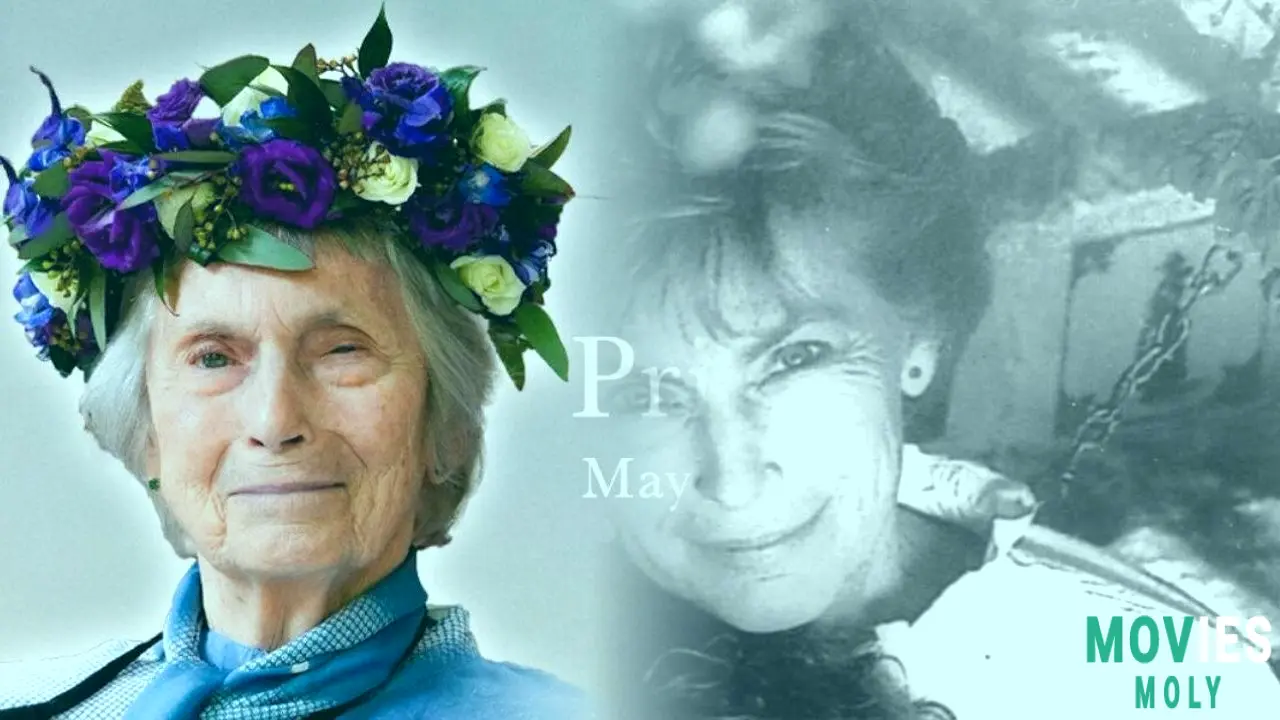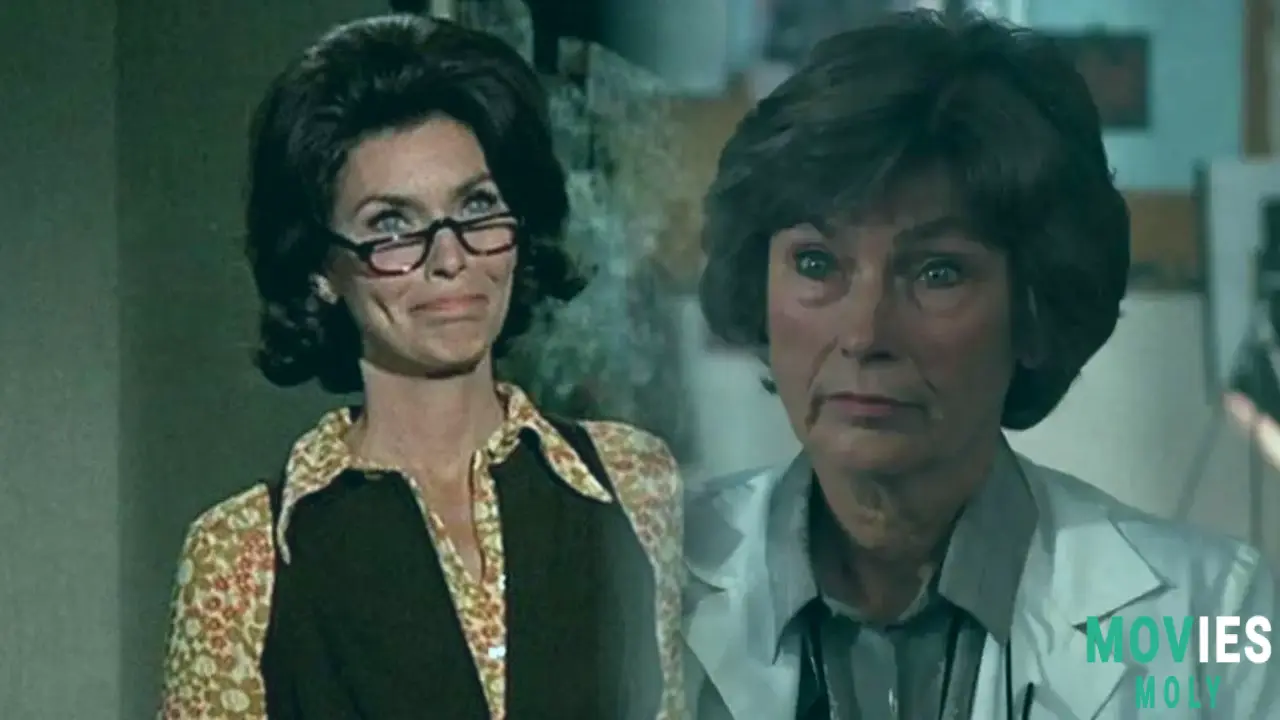Priscilla Pointer lived a full century, but her legacy spans far beyond the years she walked this earth. With a career that seamlessly bridged the golden age of American theater and the rise of genre cinema in the ’70s and ’80s, Pointer wasn’t just an actress—she was a living conduit to the evolution of performance art in the United States. Passing away peacefully at 100 years old on April 28, just weeks before her 101st birthday, Pointer leaves behind a body of work that is as rich and layered as the characters she so effortlessly brought to life.
Theater Titan Who Shared the Stage with Tennessee Williams HimselfBefore she became a familiar face to horror fans and TV viewers, Priscilla Pointer was a force to be reckoned with on the stage. She was one of the last living links to Tennessee Williams' original theatrical army, having performed in the original tour of A Streetcar Named Desire. Her connection to Williams’ work wasn’t fleeting—she returned to his world time and again, including in the 1970 Broadway revival of Camino Real and the 1973 revival of Streetcar.
Pointer’s Broadway résumé reads like a masterclass in dramatic theater. Thirteen productions in total, featuring original runs of The Caucasian Chalk Circle, The Condemned of Altona, and Yerma. She wasn’t just an actress; she was a co-founder of the San Francisco Actors' Workshop, alongside her first husband Jules Irving. This company, which briefly controlled the Vivian Beaumont Theatre in New York before Lincoln Center Theater took over, was a crucible for innovative American theater—and Pointer was at its heart.
From Stage to Screen: A Late-Career Renaissance in Horror and Drama

Though her stage career was illustrious, it wasn’t until the mid-1970s that Pointer made a significant leap into film and television. Her on-screen breakthrough came in 1976 with Carrie, where she played Eleanor Snell, the gentle mother of Sue Snell. The twist? Sue Snell was played by her real-life daughter, Amy Irving. This dynamic duo would go on to portray mother and daughter in several films, including Honeysuckle Rose, Carried Away, The Competition, and Micki & Maude. These roles weren’t just casting conveniences—they were emotional collaborations that added a deeper resonance to every scene.
Pointer’s filmography is a treasure trove for genre enthusiasts. She prowled the eerie atmospheres of Blue Velvet, stood firm in the chaotic world of Mommie Dearest, and faced nightmares head-on in A Nightmare on Elm Street 3: Dream Warriors. She even delved into cult territory with C.H.U.D. II: Bud the C.H.U.D., a sequel helmed by her son David Irving. In three films directed by David, Pointer didn’t just act—she connected family and creativity in a way that mirrored her work with Amy on screen.
Television Veteran Who Became Everyone’s Favorite On-Screen Mom

Pointer’s presence on television was just as commanding. With guest spots on The A-Team, L.A. Law, The Rockford Files, and Cold Case, she proved her versatility time and again. But it was her 44-episode run on Dallas that cemented her status in the living rooms of America. Fans of the era may remember her as a composed, authoritative figure—someone who could hold her own in a drama fueled by oil, ambition, and Texas-sized egos.
Her TV career began as early as 1954 with China Smith, but like her film career, it gained new momentum in the '70s. She became what many affectionately called “their favorite TV mom,” often playing roles that required her to convey warmth, strength, and sometimes, chilling control. Her role in Carrie may have introduced her to a new generation of fans, but her steady work across decades made her a trusted presence in the medium.
A Life Intertwined with Art, Family, and Unwavering Dedication
Behind the roles and the applause, Priscilla Pointer was a devoted mother to Amy Irving, David K. Irving, and Katie Irving. She outlived both of her husbands—Jules Irving and Robert Symonds—and, as her son David poignantly noted, she likely “ran off with her two adoring husbands and her many dogs” after passing. Her family wasn’t just her own—they were her collaborators, her partners, and her legacy.
Born in New York City to artist parents, Pointer’s roots were steeped in creativity. Her mother, Augusta Leonora Davis, and her father, Kenneth Keith Pointer, surely laid the groundwork for a life that would explore every facet of expression. And explore she did—from the bright lights of Broadway to the eerie glow of a horror film projector.
Priscilla Pointer’s Legacy Is a Masterclass in Artistic Resilience
In a world obsessed with youth and novelty, Priscilla Pointer stands as a testament to endurance, evolution, and excellence. She didn’t just live through a century of change—she thrived in it. Whether delivering a searing monologue in a Tennessee Williams play or quietly grounding a scene in Twilight Zone: The Movie, Pointer brought authenticity to every role.
Her century of life may have ended, but for fans of theater, film, television, and especially genre cinema, Priscilla Pointer’s work will continue to speak volumes. She wasn’t just a supporting actress—she was a foundational pillar in the storytelling of the 20th century. And that, in the end, is nothing short of heroic.





